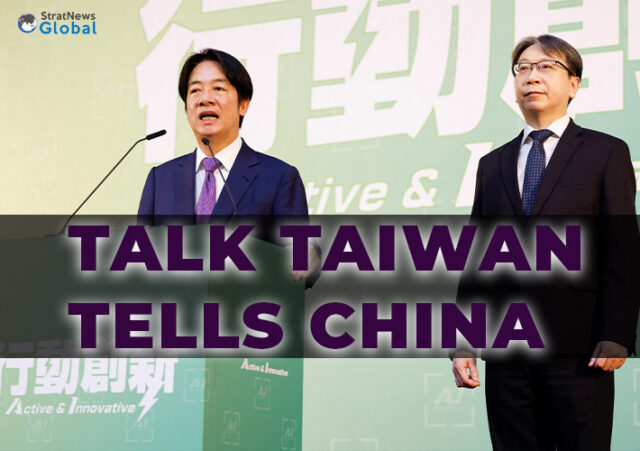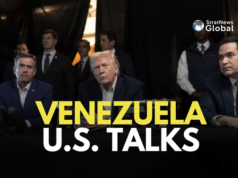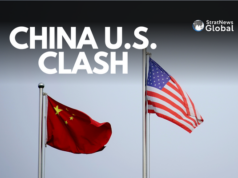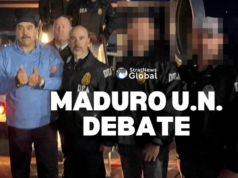President-elect Lai Ching-te of Taiwan asserted on Thursday that China should be willing to engage in dialogue with Taiwan’s legitimately elected government as he announced his new national security and diplomacy team amidst what he described as unparalleled challenges. China, which regards the democratically governed Taiwan as part of its territory despite vehement objections from the island, has intensified its military and political pressure on Taipei over the last four years to reinforce its sovereignty claims. Lai, who is set to assume office on May 20, is particularly unpopular with Beijing, which considers him a perilous separatist. Despite this, Lai has consistently extended offers for dialogue with China, which have thus far been declined.
The challenge the new national security team is facing is unprecedented, given the rise of authoritarianism, and China pressing closer all the time, Lai told reporters as he announced the teams, staffed by people in the current administration.
He also again offered to talk to Beijing.
“I am very much looking forward to China having the confidence to engage with the elected and legitimate government that the Taiwan people have entrusted. That is the right way for cross-strait exchange,” he said.
Lai said Beijing would not get support from the Taiwanese public if they are only willing to engage Taiwan’s opposition with “political preconditions”, in a veiled reference to the opposition Kuomintang (KMT) party, whose senior leaders have made frequent visits to China in recent months.
China’s Taiwan Affairs Office did not immediately respond to a request for comment. Beijing has repeatedly said any talks can only take place if Taiwan’s government accepts that both sides of the Taiwan Strait are part of “one China”, which is supported by the KMT but rejected by Lai and President Tsai Ing-wen.
National Security Council Secretary-General Wellington Koo, a lawyer by training, will take over as defence minister from Chiu Kuo-cheng, a former army commander, Lai said.
Koo said he was determined to discourage any Chinese adventurism over Taiwan with “coordinated actions” with allies in the region and show the world Taiwan’s determination to defend itself by strengthening its combat capabilities.
“Our top aim is to complicate the other side of the strait’s calculations to make a timetable for possible rash actions,” he said, standing on stage with Lai and other incoming ministers.
Koo is being succeeded as head of the National Security Council by current Foreign Minister Joseph Wu, while Lin Chia-lung, the serving secretary-general at the Presidential Office, will become the new foreign minister, Lai said.
The post of the head of the top China policy maker, the Mainland Affairs Council has gone to Chiu Chui-cheng, a former deputy on the council with years of China policy experience.
Intelligence chief Tsai Ming-yen stays on as head of the National Security Bureau.
With Inputs From Reuters
Research Associate at StratNewsGlobal, A keen observer of #China and Foreign Affairs. Writer, Weibo Trends, Analyst.
Twitter: @resham_sng





